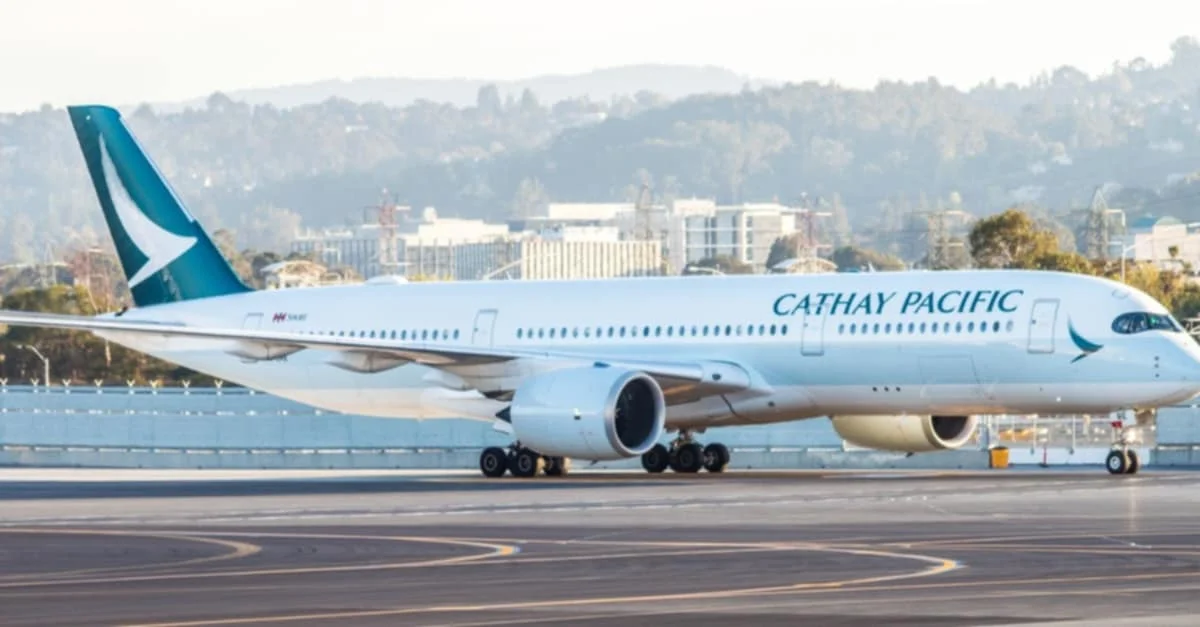Becoming a pilot in the United States is a challenging and lengthy process, involving nearly a decade of training. Prospective pilots must pass various tests, obtain certifications, and complete instrument ratings. Despite being a financially attractive career, aspiring pilots face significant challenges, including high training costs and substantial debt.
A key issue currently being debated in the industry is the necessity of a four-year college degree for pilots. As of 2025, most airlines require pilots to have such a degree, often in engineering or aeronautics-related fields. The expense of a college education in the United States is significant, requiring many pilots to incur debt.
Some industry observers are advocating for the removal of the college degree requirement to reduce the barriers to entry. The CEO of American Airlines and other industry leaders are considering this possibility as a solution to the ongoing pilot shortage. According to an earlier analysis by Simple Flying, first-year first officers at regional airlines like SkyWest earn starting salaries ranging from $40,000 to $80,000. Meanwhile, airlines worldwide have struggled to attract pilots, even in regions like the United Arab Emirates, where salaries for new pilots can be significantly higher.
 Alerts Sign-up
Alerts Sign-up












